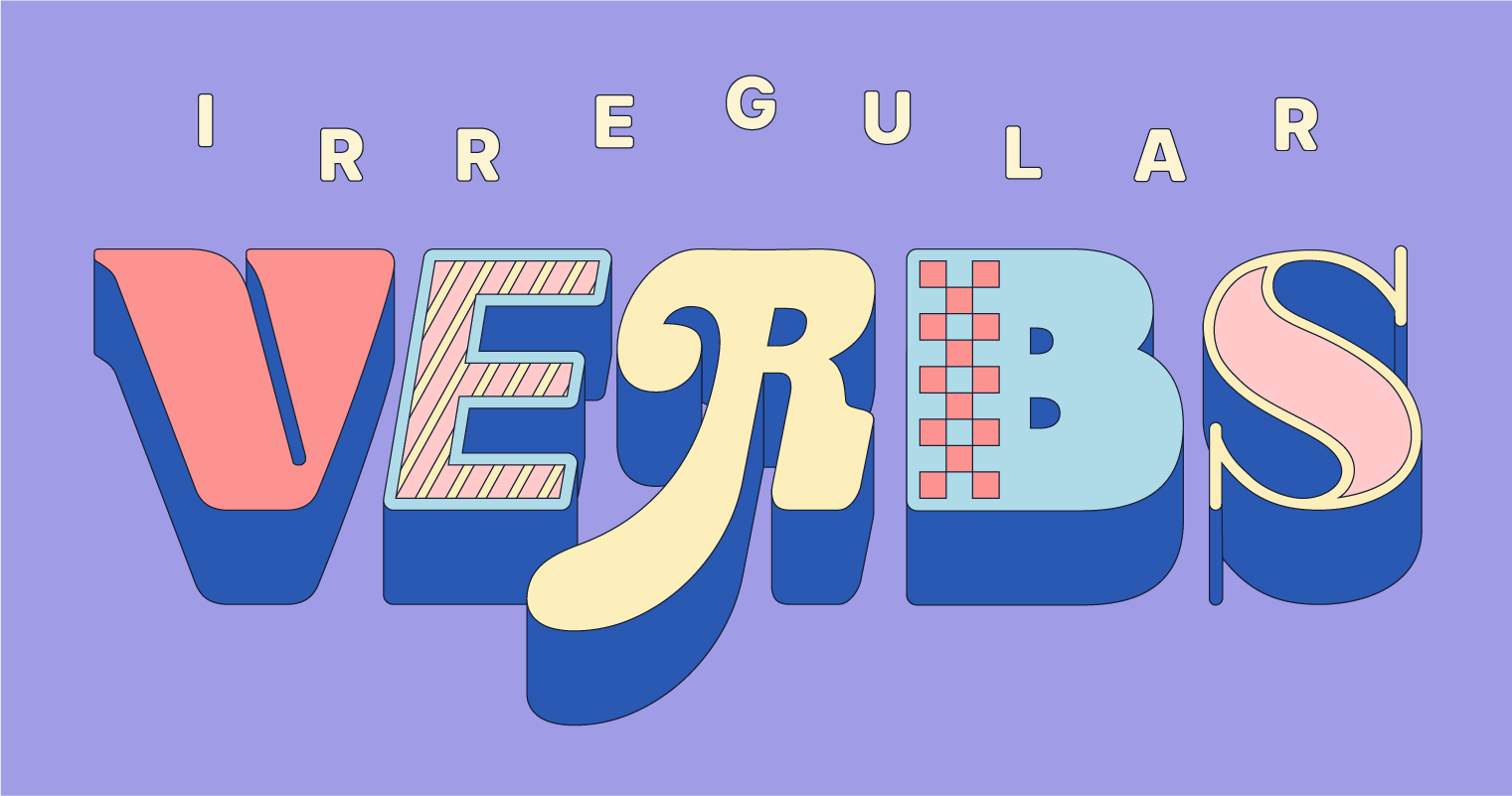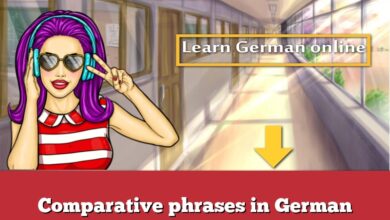Irregular verbs in German

Irregular verbs in German.The English language is renowned for its complexity, nuances, and, to some, its irregularities. One aspect that often perplexes both learners and native speakers alike is the domain of irregular verbs. Unlike their regular counterparts, which follow a straightforward pattern when transitioning from the present to the past tense, irregular verbs defy conventional rules, taking unique forms that have to be memorized individually.

Explanation about Irregular verbs in German
These verbs can pose a unique challenge due to their non-uniformity. However, understanding them is essential for achieving fluency and effective communication in German.
For example, while a regular German verb like “spielen” (to play) follows the typical pattern in different tenses (“spielte” in simple past and “gespielt” as the past participle), an irregular verb like “sehen” (to see) changes drastically: “sah” in simple past and “gesehen” as the past participle.
Here are some key points about irregular verbs in German:
- Stem Changes: Many irregular verbs in German change their stem when conjugated. For instance, “fahren” (to drive) becomes “fuhr” in the simple past tense and “gefahren” as the past participle.
- Vowel Changes: Irregular verbs often undergo vowel changes. For example, “nehmen” (to take) becomes “nahm” in simple past and “genommen” in the past participle.
- Mixed Verbs: Some verbs, known as “gemischte Verben” (mixed verbs), are a blend of regular and irregular forms. For instance, “bringen” (to bring) follows an irregular pattern in the simple past (“brachte”) but forms its past participle regularly (“gebracht”).
- Commonality: Many of the most commonly used German verbs are irregular, like “sein” (to be), “haben” (to have), and “werden” (to become).
- Learning Strategy: While irregular verbs must often be memorized, some patterns and similarities among them can make the process easier. Grouping them by similar changes can help in this regard.
Examples for using Irregular verbs in German
| German Verb | Present Tense | Simple Past | Past Participle | English Meaning | Example Sentence (Present) | Example Sentence (Past) |
|---|---|---|---|---|---|---|
| sein | bin | war | gewesen | to be | Ich bin glücklich. | Ich war glücklich. |
| haben | habe | hatte | gehabt | to have | Ich habe Zeit. | Ich hatte Zeit. |
| werden | werde | wurde | geworden | to become | Ich werde Arzt. | Ich wurde Arzt. |
| fahren | fahre | fuhr | gefahren | to drive | Ich fahre nach Berlin. | Ich fuhr nach Berlin. |
| sehen | sehe | sah | gesehen | to see | Ich sehe den Film. | Ich sah den Film. |
| essen | esse | aß | gegessen | to eat | Ich esse einen Apfel. | Ich aß einen Apfel. |
| gehen | gehe | ging | gegangen | to go | Ich gehe zur Schule. | Ich ging zur Schule. |
German phrases about Irregular verbs in German
| English Phrase | German Phrase | Context or Usage |
|---|---|---|
| What is the past participle of this verb? | Was ist das Partizip Perfekt dieses Verbs? | Asking about the past participle of a specific irregular verb. |
| This verb is irregular. | Dieses Verb ist unregelmäßig. | Pointing out that a verb doesn’t follow the regular conjugation rules. |
| How do you conjugate this verb in the past? | Wie konjugiert man dieses Verb in der Vergangenheit? | Asking for the correct simple past form of an irregular verb. |
| The stem of this verb changes. | Der Stamm dieses Verbs ändert sich. | Explaining that the verb root changes in different tenses. |
| The vowel changes in the simple past. | Der Vokal ändert sich im Präteritum. | Indicating a vowel change in the simple past tense of an irregular verb. |
Finally,Irregular verbs are not mere grammatical exceptions that hinder our journey towards fluency; they are part and parcel of the language’s heritage and evolution over time. Therefore, they should not be viewed as a burden to be dispensed with, but rather as a challenge that allows us to delve deeper into the intricacies of the language.






























